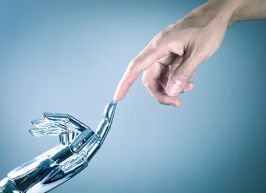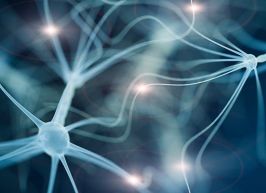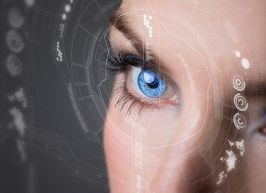Rejoignez getAbstract pour lire le résumé !

Rejoignez getAbstract pour lire le résumé !
Joseph J. Fins, Phoebe Friesen, Jack Gallant, Jane E. Huggins, Judy Illes, Philipp Kellmeyer, Eran Klein, Adam Marblestone, Christine Mitchell, Erik Parens, Michelle Pham, Alan Rubel, Norihiro Sadato, Laura Specker Sullivan, Mina Teicher, David Wasserman, Anna Wexler, Meredith Whittaker, Jonathan Wolpaw, Rafael Yuste, Sara Goering, Blaise Agüera y Arcas, Guoqiang Bi, Jose M. Carmena and Adrian Carter
Four Ethical Priorities for Neurotechnologies and AI
Artificial intelligence and brain–computer interfaces must respect and preserve people’s privacy, identity, agency and equality, say Rafael Yuste, Sara Goering and colleagues.
Nature, 2017
Aperçu
The potential of neurotechnologies to change human life is mind-boggling but has a dark side.
Recommendation
Neurotechnologies can help clinicians improve the life of people with serious physical impairments and illnesses. However, they may impact society’s understanding of identity and mental privacy. The Morningside Group, a group of neuroscientists, neurotechnologists, clinicians, ethicists and machine-intelligence engineers, proposes ethics guidelines to protect people, and urges governments, policy-makers and research institutions to start discussions about the safe use of these futuristic technologies.
Summary
About the Authors
The Morningside Group is a group of experts working in the field of neuroscience and includes scientists, technologists, clinicians, ethicists and machine-intelligence engineers. Rafael Yuste is professor of biological sciences at Columbia University, New York City, New York, USA. Sara Goering is associate professor of philosophy at the University of Washington, Seattle, USA.




















Comment on this summary